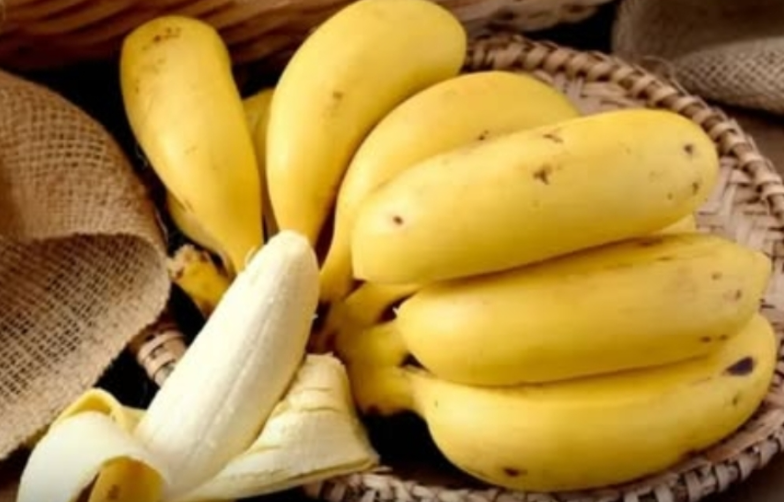High blood pressure—also known as hypertension—affects millions of people around the world. Left unmanaged, it significantly increases the risk of heart attacks, strokes, kidney disease, and other serious health complications.
While medications and lifestyle changes remain essential to blood pressure management, natural dietary choices can offer powerful support. One fruit often spotlighted for its heart-friendly benefits is the banana. But how effective is eating a banana a day in helping control blood pressure?
The answer may be more impactful than you expect.
Why Bananas Are Good for Blood Pressure
Bananas are more than a convenient snack. They’re rich in potassium, a mineral vital for regulating blood pressure. Potassium works by:
- Helping blood vessels relax
- Maintaining fluid balance in the body
- Offsetting the effects of sodium, which tends to raise blood pressure
A medium-sized banana provides around 400–450 mg of potassium, or roughly 10% of the recommended daily intake for adults.
Potassium encourages the kidneys to eliminate excess sodium through urine. This natural process reduces blood volume and pressure within blood vessels—key steps in controlling hypertension.
What Science Says About Potassium and Blood Pressure
Research strongly supports the link between potassium and lower blood pressure. A review published in the American Journal of Clinical Nutrition found that increased potassium intake significantly reduced both systolic (top number) and diastolic (bottom number) blood pressure, especially in people already diagnosed with hypertension.
How it helps:
- Relaxes blood vessel walls
- Reduces resistance in the circulatory system
- Eases the workload on the heart
Bananas offer a simple, natural way to raise potassium levels as part of a heart-healthy diet.
Other Heart-Healthy Nutrients in Bananas
Bananas are not only about potassium. They also contain:
- Fiber, which supports healthy digestion and helps lower cholesterol
- Vitamin C, a natural antioxidant that fights inflammation
- Magnesium, which plays a role in maintaining normal blood pressure and vascular tone
- Antioxidants, which reduce oxidative stress—a contributor to heart disease
Together, these nutrients make bananas a nutrient-dense, heart-friendly fruit.
How to Incorporate Bananas into a Blood Pressure–Friendly Diet
Here are some easy ways to make bananas part of your daily routine:
- Eat 1 to 2 bananas per day as part of a balanced diet that includes vegetables, fruits, lean proteins, and whole grains.
- Pair them with other potassium-rich foods like beans, spinach, avocados, and sweet potatoes.
- Drink plenty of water throughout the day to support kidney function and sodium elimination.
- Limit sodium intake, especially from processed foods, to help potassium work more effectively.
Are There Any Risks to Eating Bananas Daily?
For most people, bananas are safe and beneficial. However, those with kidney disease or impaired kidney function should be cautious. When the kidneys can’t filter potassium efficiently, levels can rise too high—leading to hyperkalemia, which may affect heart rhythm and be life-threatening if untreated.
If you have a medical condition affecting potassium balance, consult your doctor before increasing your intake.
Lifestyle Tips That Enhance the Effects of a Banana-Rich Diet
While bananas can support blood pressure control, their benefits are strongest when combined with healthy habits:
- Exercise regularly to improve heart health and circulation
- Maintain a healthy weight to reduce strain on your heart
- Quit smoking and limit alcohol to protect blood vessels
- Manage stress with relaxation techniques such as meditation, deep breathing, or yoga
Final Thoughts
Adding a banana to your daily diet is a simple, natural step that can support your heart and help manage blood pressure. Rich in potassium and other beneficial nutrients, bananas are a small but powerful ally in long-term health.
Combined with healthy eating, regular activity, and professional medical care, this easy habit can make a meaningful difference in your cardiovascular well-being. Sometimes, better health can start with something as simple as a piece of fruit.









